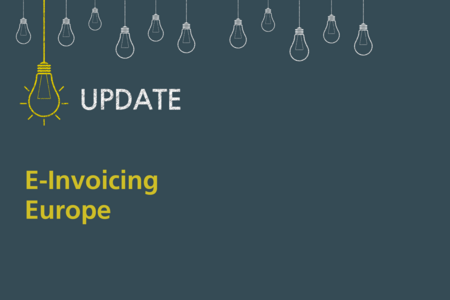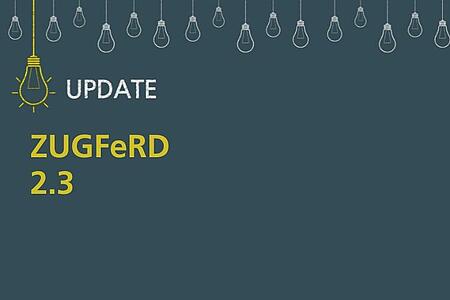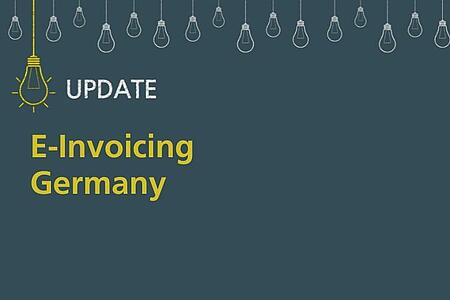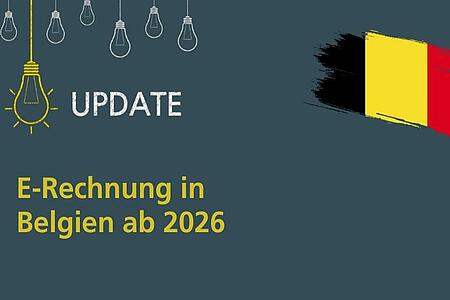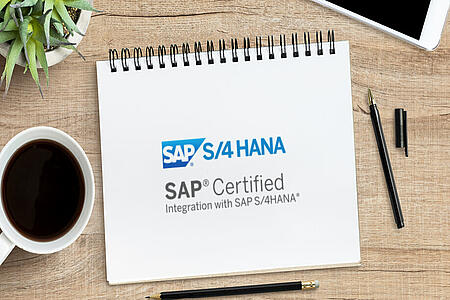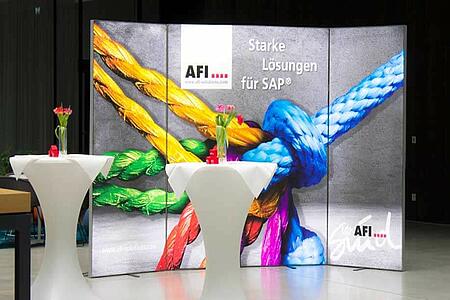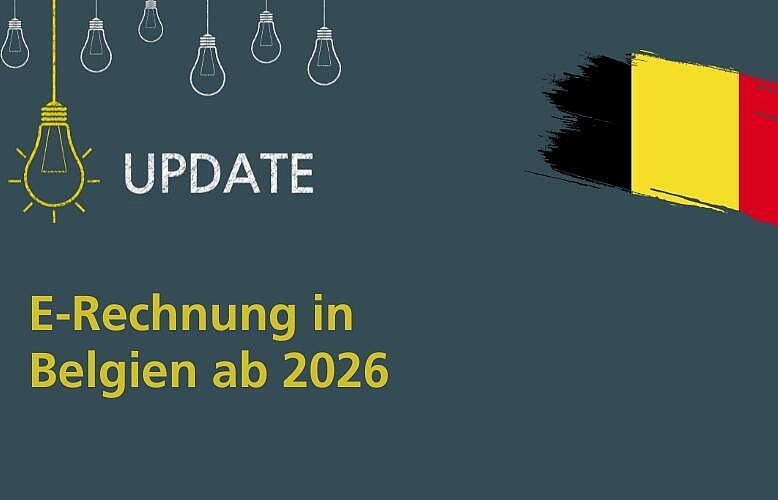
E-invoicing mandate Belgium*
From 1 January 2026, the e-invoicing mandate will become mandatory for almost all B2B transactions in Belgium. This regulation will affect all companies subject to VAT in Belgium, including local subsidiaries of foreign companies. The e-invoicing mandate in Belgium requires invoices to be created and transmitted in a structured electronic format. The basis for this is the European directive EN 16931, which dictates the PEPPOL BIS 3.0 format. This format ensures that electronic invoicing is standardized and legal.
Key facts about the e-invoicing mandate in Belgium
- When? From 1 January 2026, almost all B2B transactions in Belgium will have to be processed electronically (a sequential introduction of the e-invoicing mandate is not planned).
- Who will be affected? All companies based in Belgium and local subsidiaries of foreign companies
- Which format? E-invoices need to be created and sent in the standardized PEPPOL BIS 3.0 format.
- Are there any exceptions? Variations from the prescribed BIS 3.0 format are only possible if both the recipient and sender agree..
- Which transmission model? PEPPOL 4-corner model
- Is there an obligation to report the tax authorities? It is not yet known how and via which platform the reporting obligation to tax authorities for electronic invoicing will take place.
Digression: e-invoicing in SAP
Companies that deploy SAP can efficiently integrate the e-invoicing mandate into their existing processes. With solutions such as AFI Invoice for incoming invoices and AFI Billing or outgoing e-invoices, legal processing of invoices can be seamlessly integrated into SAP. This ensures that all requirements of the e-invoicing mandate are met. If you have any questions, please contact us!
Are you interested in national or international developments in the e-invoicing field? This is where you will find the latest information with just one click!
*All information is subject to change.
